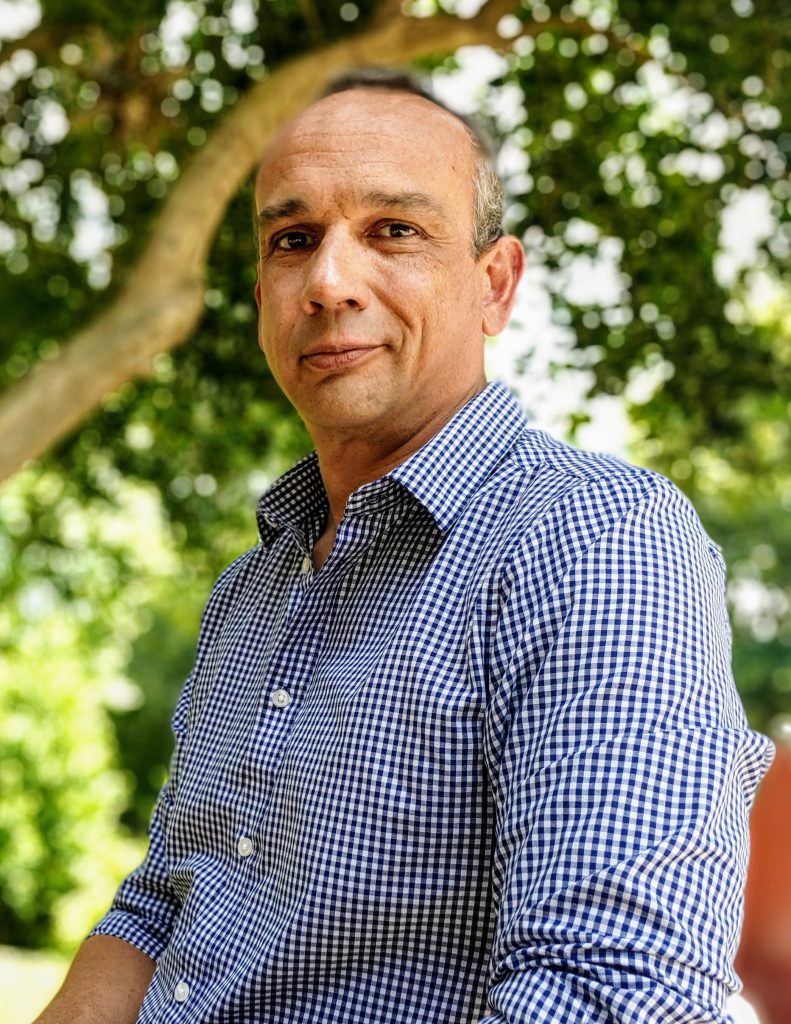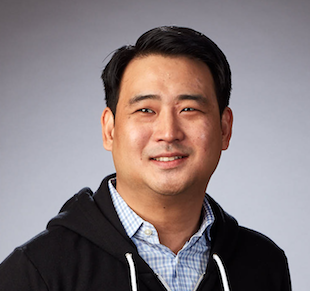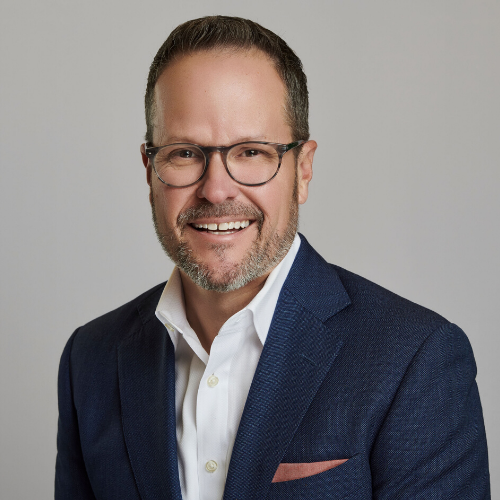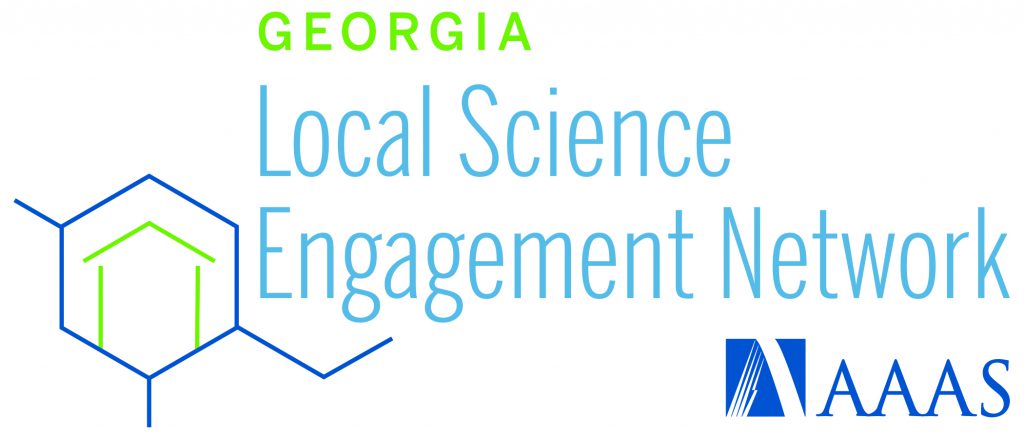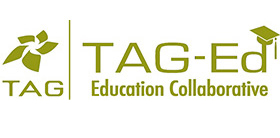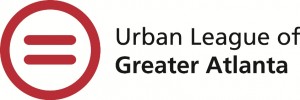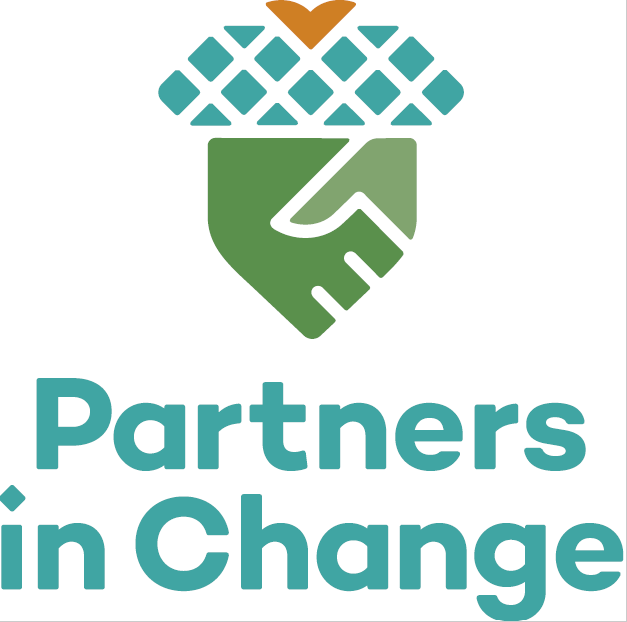Georgia has negative three percent unemployment rate in the tech sector. To fill these jobs, and the countless other science and technology jobs that will emerge in the coming years, Georgians need the matching skills.
STEM has an outsized impact on the state of GA. A recent economic impact report found that STEM supports 61 percent of jobs, 71 percent of economic output, and 66 percent of the state’s GDP. On par with national statistics, and contrary to a lot of conventional wisdom, six out of ten STEM professionals in Georgia do not hold a bachelor’s degree.
To ensure that Georgia’s citizens can keep up with the science and technology workforce demands, it is critical to build an educated, technical, STEM-ready, skilled workforce and maintain a pipeline of students learning employment-ready skills. We need to think about the actual people in the pipeline, from their home environment, to their health, to the infrastructure that supports them, to the parents and caregivers that can create a positive or negative cycle of learning.
With infrastructure, workforce, and education legislation being proposed at a national and state level, we have a once-in-a-generation opportunity to shape education and workforce policies and programs that are grounded in science and evidence-based best practices. These changes can provide immediate impact and drive lasting change.
Over the summer of 2021, Science for Georgia, Science is US, Technology Association of Georgia, Urban League of Greater Atlanta, Partners in Change, and Literacy for All put to together a series of panel discussions to illustrate the current state and highlight best-practices.
These panels looked at the status of the pipeline, evidence-based best-practices for success, and levers needed to make impactful, systemic changes.
At the end of the series, a Roundtable was held on Aug 10. Participants focused on achieving an optimized pipeline with all systems working together. They identified the long term goal of establishing a birth to retirement literacy pipeline with coordinated efforts and metrics. Specific actions are outlined on the Science for Georgia Education & Workforce page.
Panels
Literacy is Key. Jun 16, 1-3pm
Literacy is the key to lifelong improvement and learning. Reading at grade level by the end of third grade is a key indicator of high-school graduation and subsequent life success: stable job, stable housing, stable family life, raising literate children. How do we break the cycle of functional illiteracy? How do we make sure adults can read to learn, so that their children can learn to read? How can children develop needed literacy skills? What are viable solutions and exemplar programs?
Watch a recording of Panel 1 here:
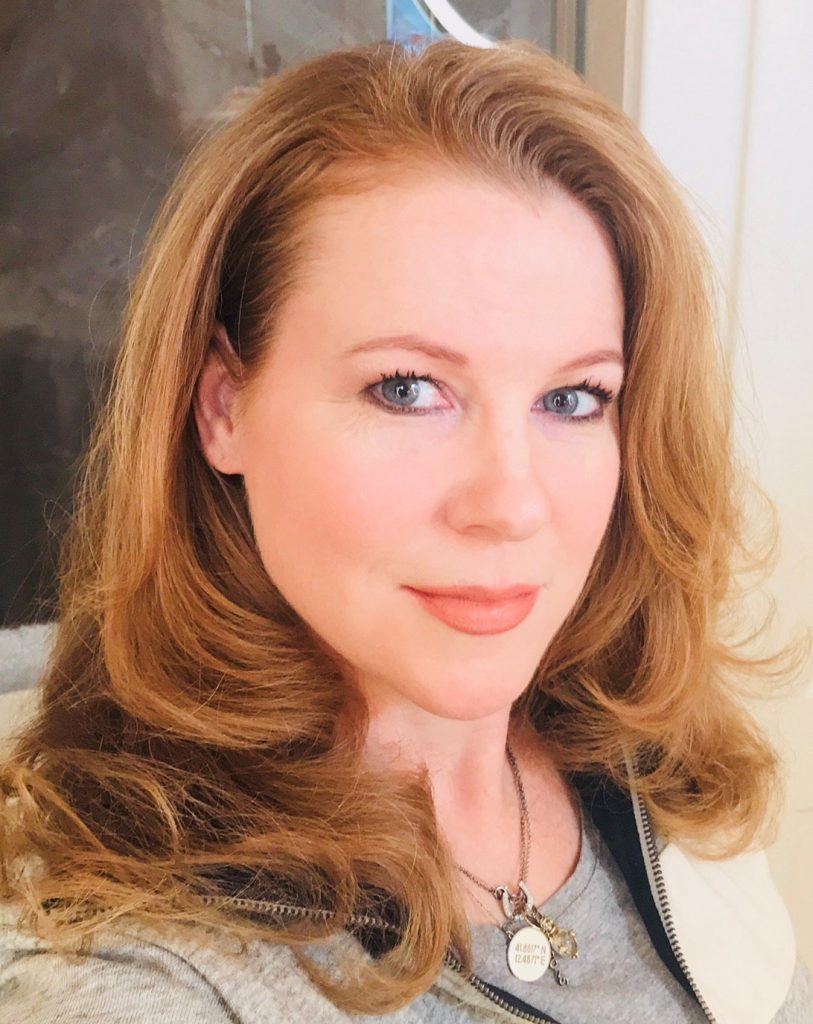
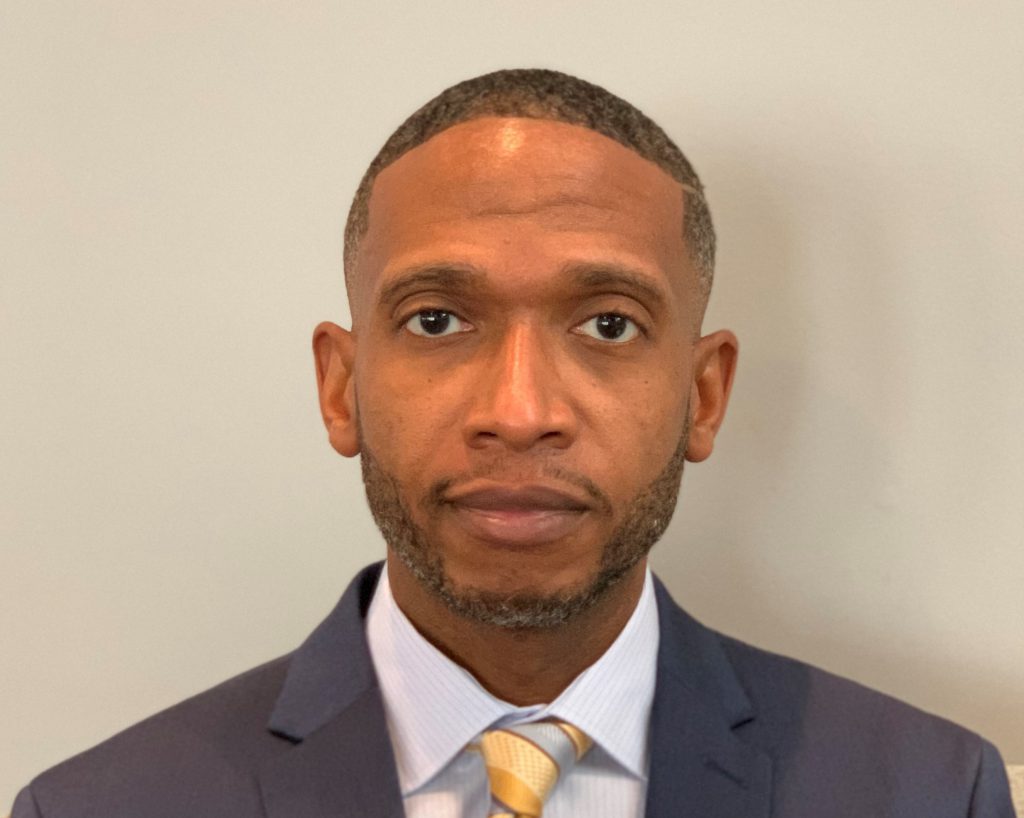
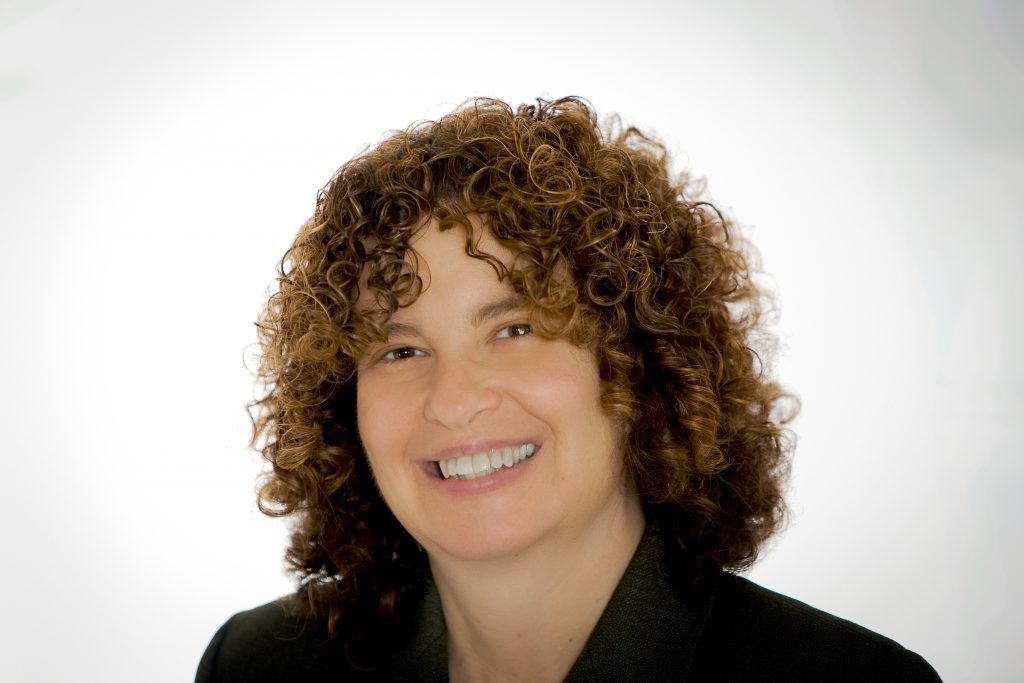
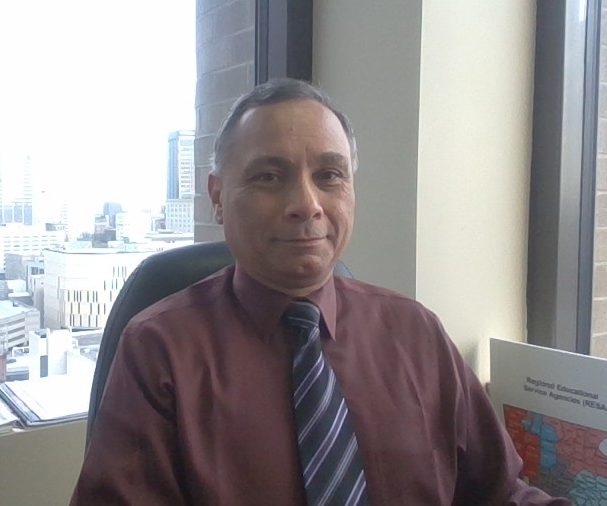
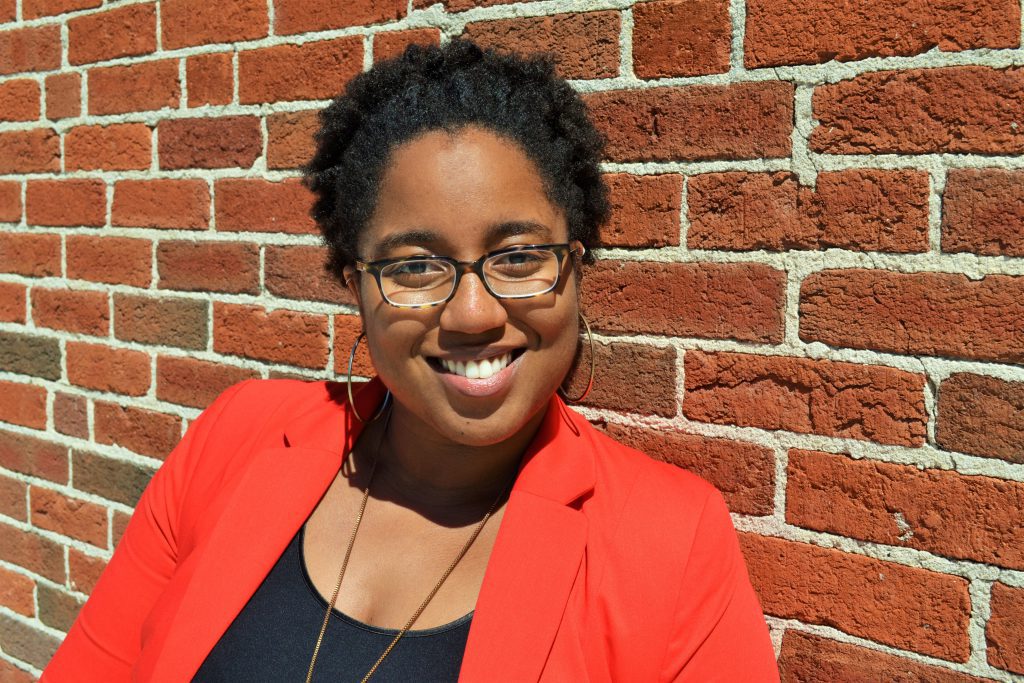
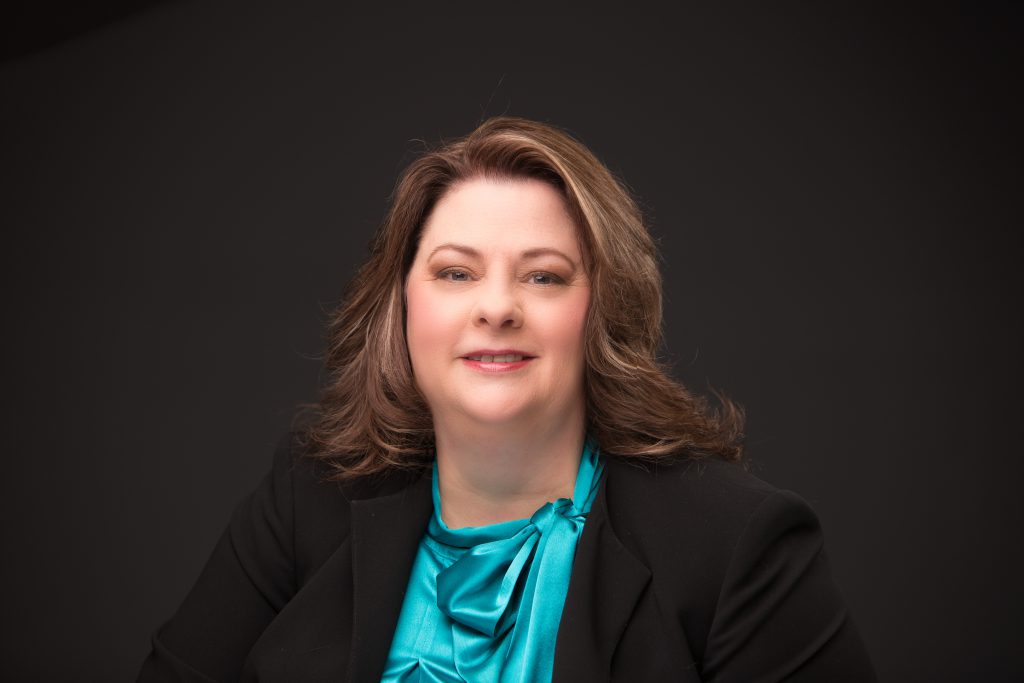
Follow the Money Jun 30, 1-3pm
Explore where we currently spend education and workforce training dollars. Where are we spending well? Where could we improve? Do the right people and programs have access to the money they need? What are creative ways and innovative new programs we could invest in?
Information about the budget:
1. 2021 GA General Assembly Session Brief on Education.
2. House Budget Office PowerPoint on the FY22 budget.
Watch a recording panel 2 here:
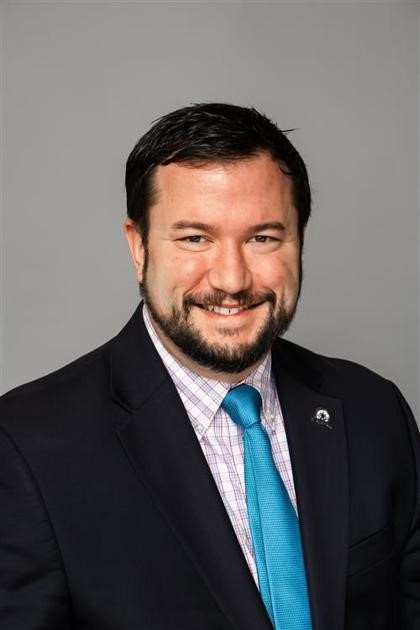
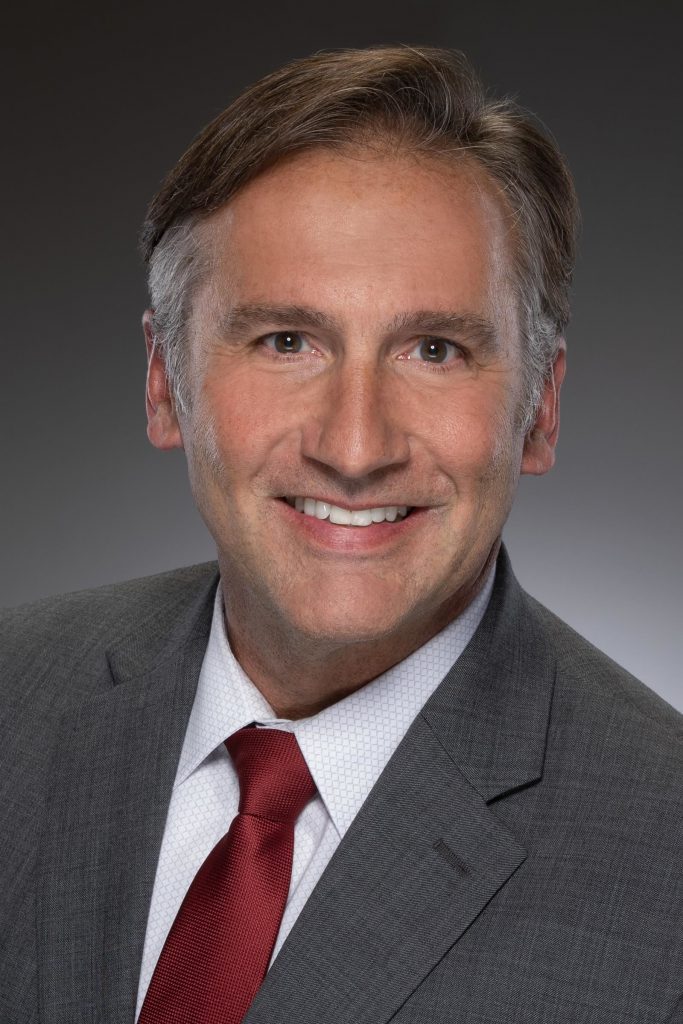
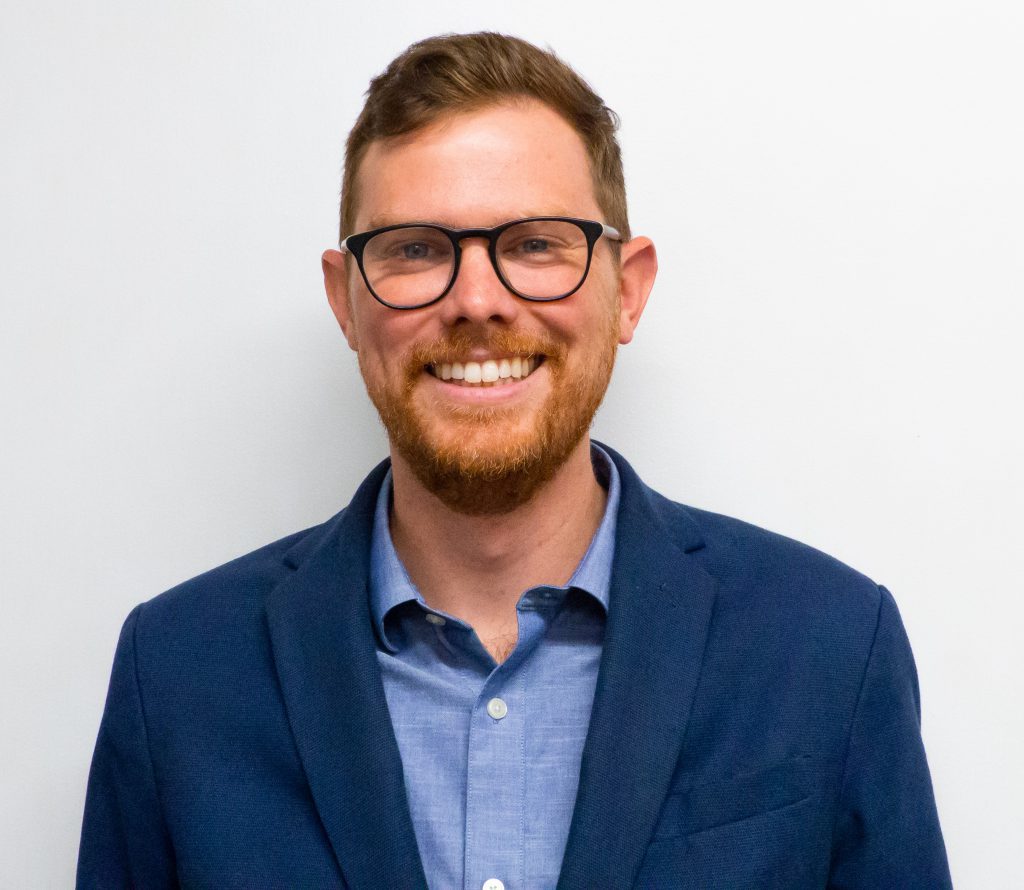

The vital role of technical and community colleges. Jul 14, 1-3pm
Technical and community colleges offer great adult education programs. They are doorways to higher paying jobs and enable people to gain new skills. What do they need to enable success? What can be replicated and scaled? How can this be marketed more effectively to those who should use their services?
Information Mentioned During the Panel:
Georgia Futures – information about aid programs, career planning, etc..
biotech-careers.org – a careers website
Watch Panel 3 here:

Assistant Commissioner of Adult Education, TCSG
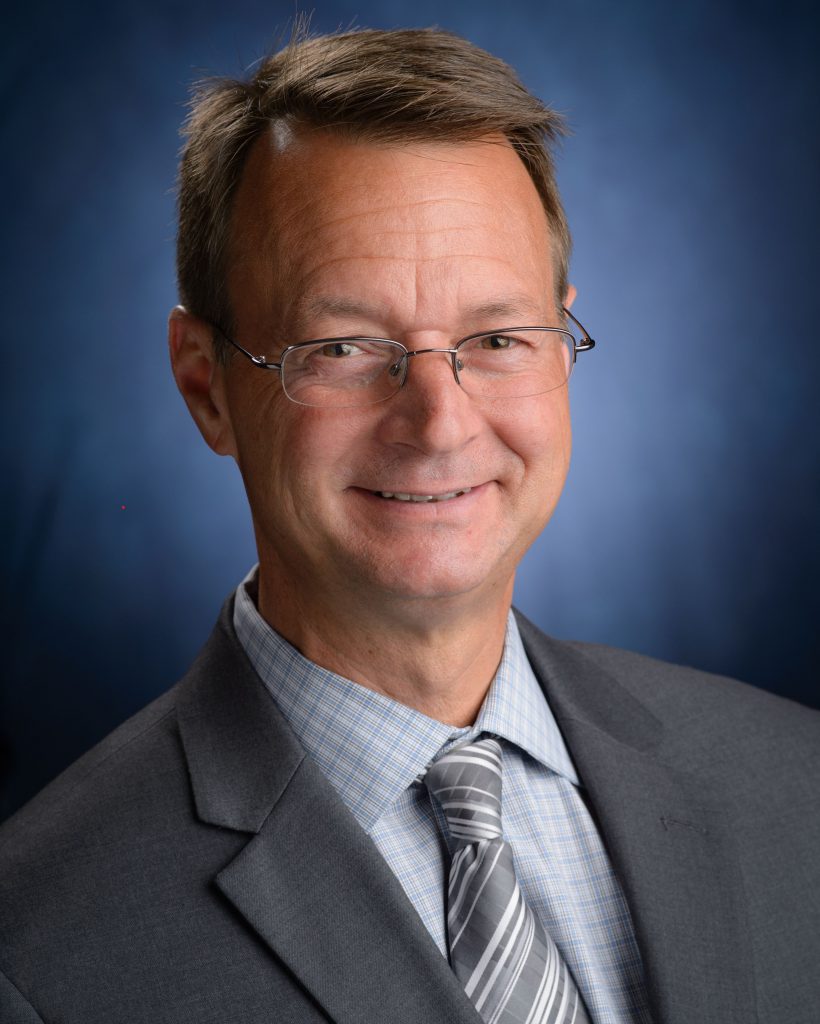
Principal at PhilipGGibson Consulting
Capacity building: physical infrastructure to support human infrastructure. Jul 28, 1-3p
What infrastructure is needed to increase equity and access for all? How do we get the right resources to people? For example: broadband, labs, equipment, more teachers, counselors to help people navigate aid and learning solutions, and quality childcare.
Information Mentioned During the Panel
- Southern Regional Education Board resources
- Georgia State Workforce Outlook
- Learn 4 Life Data Dashboard
Watch Panel 4 Here

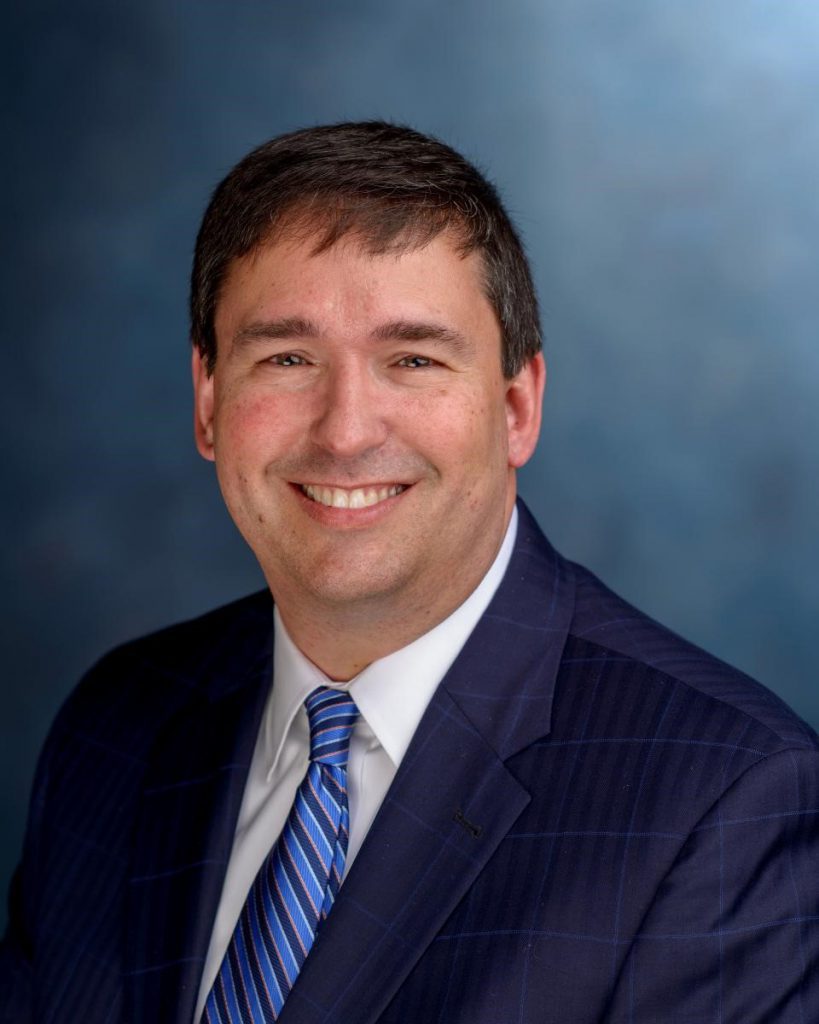
President, Southern Regional Educational Board
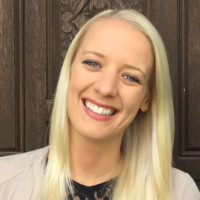
Senior Program Officer, Learn4Life
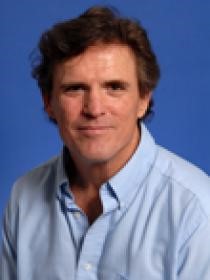
Director of Teacher Education at Berry College
Roundtable
At the conclusion of the speaker series, a Roundtable was help on Aug 10, 2021. This meeting was attended by approximately 25 people online and in-person. Over 4 hours of guided discussion, the attendees recapped what was learned during the speaker series, and brainstormed ideas for moving forward the with Education & Workforce pipeline in Georgia. Access the slide deck here.
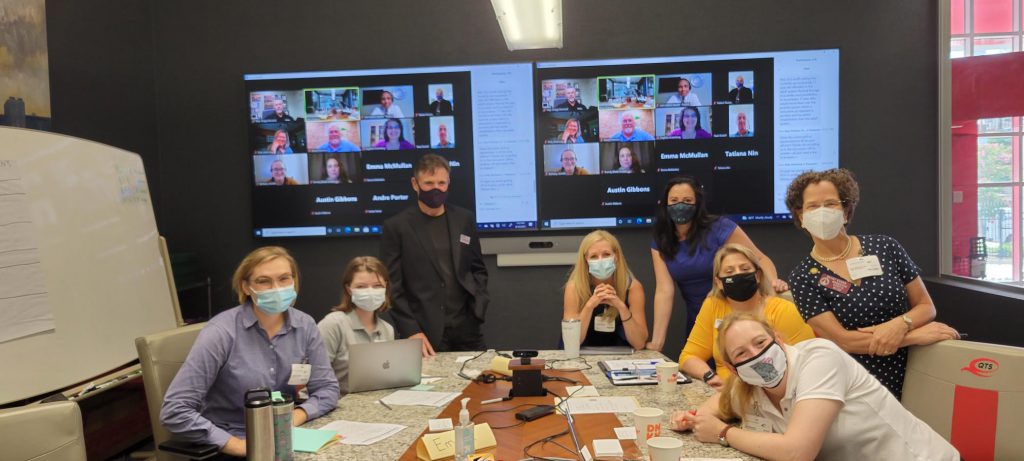
Their four ideas to move the needle in Georgia were:
1. Creation a Science-Based Reading Education Ecosystem.
2. Fund the appropriate number of school councilors and nurses.
3. Understand how to make a seamless transition from high school to TCSG to university by making credits universally applicable.
4. Support adult literacy programs.

